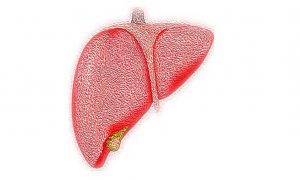How much salt is too much salt? It is true that salt is the key flavour that makes our food delicious, but, high sodium diets can lead to chronic illness in the long run.
Read More: H3N2 Virus Vs COVID-19: How To Tell The Difference? Here’s What You Should Know
Salt Side Effects: Aaj sabji namak nhi dala (there is no salt in the food today)? It is a common household remark about too much or too less or no salt content in food. Salt is the most important condiment in food. These white little cubes of sodium add flavour to every vegetable every curry and to each of yours’s favourite food. If missing, the taste goes all bland. But the question here is, how much salt is too much salt? Excess of everything is bad and so is excess of salt. If consumed in excess, salt can have adverse effects on health. Hence, it is important to keep a check on our salt diet consumption or else it may silently harm our organs.
5 Side Effects of High Salt Diet
Read More: Heart Health After 60: Know Warning Signs and Symptoms
- High Blood Pressure- Salt rich diet can lead to high blood pressure problems. When kidneys are unable to filter the excess fluids, it is possible that blood pressure increase.
- Increases Risk Of Heart– High sodium content risks the heart to stroke due to increased blood pressure.
- Bloating– If you are someone who consumes high salt diet, then it is possible that you might feel bloated or puffy due to water retention. The body tries to maintain water to sodium level ratio and in order to maintain that, too much salt leads to too much water retention. This in the long run can effect the kidneys too.
- Osteoporosis– Excessive salt in food over a long period could lead to fluid collection in the body tissues and cells. This forces the body to excrete calcium, leading to the degeneration of bones and osteoporosis
- Increased Thirst And Weight – This is because eating a lot of salt causes your body to conserve water. According toa report by the Healthline.com high salt intake increase thirst. Your body uses the extra fluid consumed to dilute the excess sodium that it’s unable to excrete quickly enough However, your urine volume does not change, meaning this extra fluid stays in your body. Therefore, a sudden increase in sodium intake may cause you to gain some weight in the form of fluid.



































